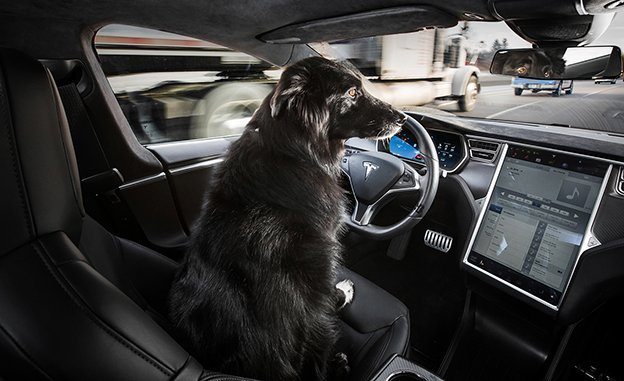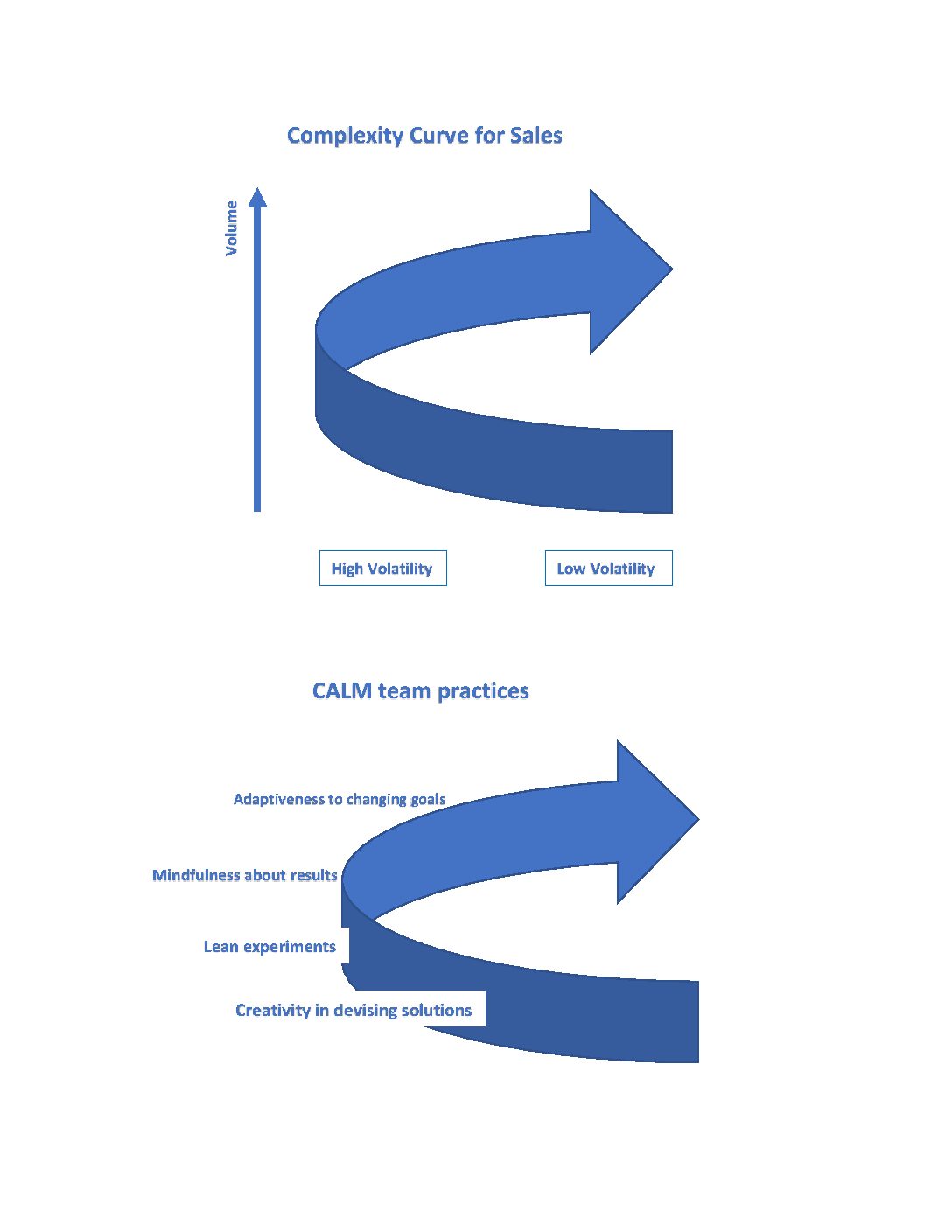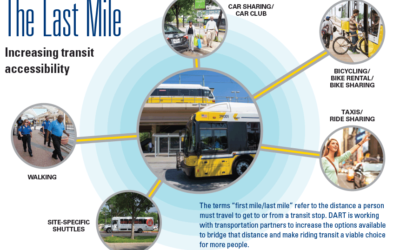Malcolm Forbes supposedly said that on Wall Street, whoever has the most toys wins. His magazine argued more recently that in Silicon Valley, whoever has the most data wins. Andrew Ng of Stanford and Coursera agrees, as do most Big Data entrepreneurs and evangelists.
With 1.3 billion mobile phones, China generates four times as much data as the US. Does that mean that China will win the games where data matter? And which ones are those? Robotics? AI? Predictive analytics and business intelligence? Autonomous cars?
Judging from the interests of the mostly Chinese attendees at the SYNC2017 US China AI Summit held in Mountain View, CA last week, the answer to the two questions may well be “Yes” and “Cars.” US- and China-based Chinese autonomous-driving startups attracted roughly half the attention of an agenda covering everything from labor-market transformation to machine-learning in cancer therapies. It makes sense – the need to train autonomous driving systems with as much road data as possible suggests they may become the most data-hungry AI application that is not strictly online. By the end of the day, one could see the outlines of a US-China race to dominate autonomous driving beginning to take shape.
More compelling than China’s data advantage, however, may be its growing sophistication. Wu Gansha, the Beijing-based entrepreneur behind machine-learning autonomous-driving startup UISEE, worries that China may stop innovating in algorithms because of its advantage in data. It’s a surprising statement, seeming to fly in the face of Professor Ng’s well-known views on the subject.
Perhaps Mr. Wu is making the deeper point that algorithms can include decisions about what gets measured. In that broader sense of the word, unimaginative algorithms can limit the usefulness of even the biggest troves of data. Whoever has the most data wins – as long as she is creative about what becomes data.




